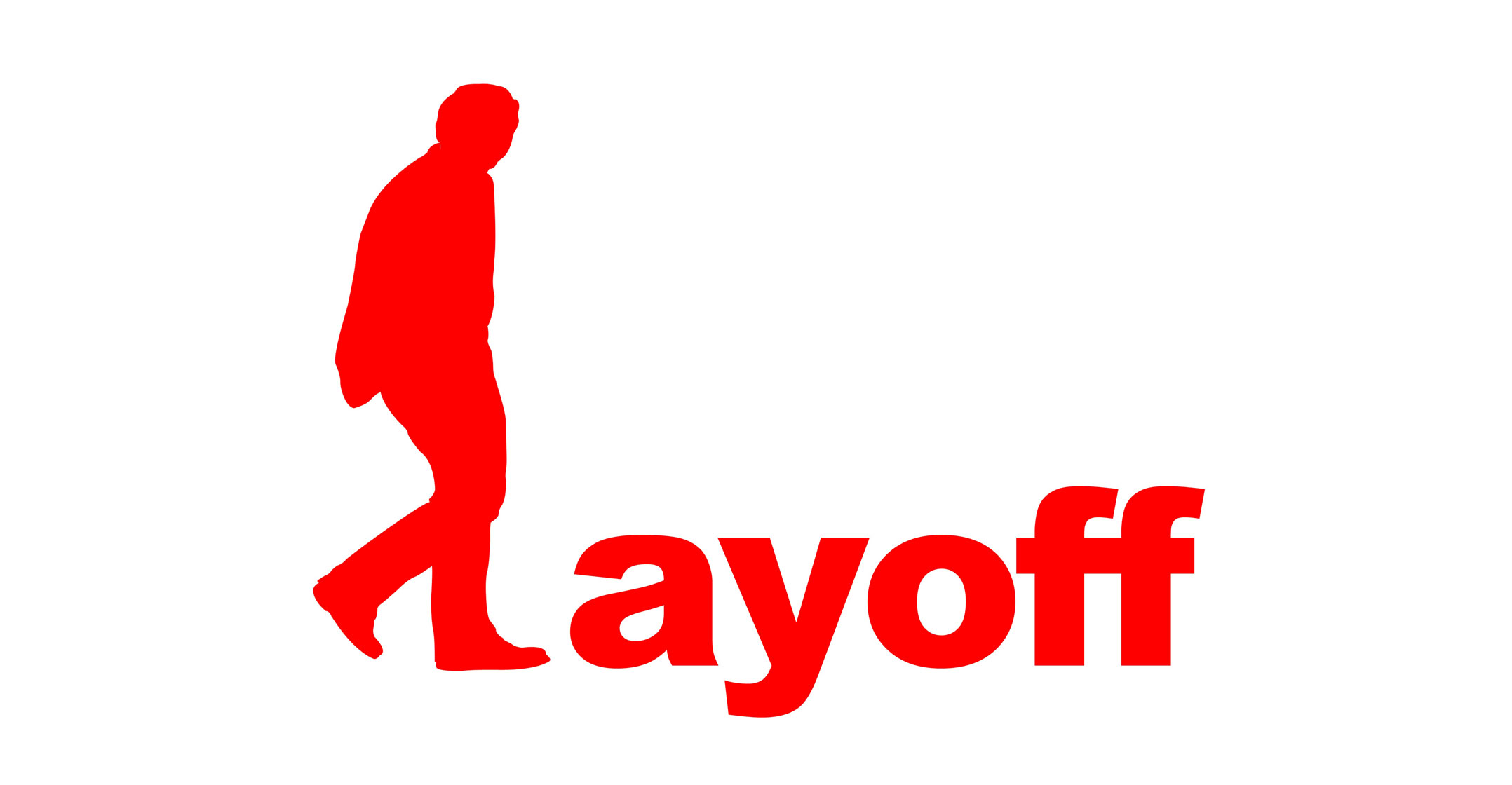
[dropcap]S[/dropcap]outh Africa’s jobless rate rose in the three months through March as employment in farming and trade fell.
The unemployment rate increased to 27,7% in the first first quarter of 2017 from 26,5% in the previous three months, Statistics South Africa said in a report released on Thursday in Pretoria. That’s the highest rates since 2003, according to data from the International Monetary Fund.
The number of people without jobs rose by 433 000 to 6,2m. The median of five economist estimates compiled by Bloomberg was for unemployment to increase to 27%.
The economy expanded at 0,3% in 2016, the slowest pace since a 2009 recession, due to a drought, low commodity prices and weak demand from its main export markets. That has complicated the task of the government to create jobs.
“Unemployment levels will continue to be stubbornly high because of the weak economic growth outlook,” Kamilla Kaplan, an economist at Investec in Johannesburg, said by phone before the release of the data.
Agriculture jobs declined by 44 000 and employment in trade by 15 000, the statistics office said. The manufacturing industry employed 62 000 more people in the first quarter than in the preceding three months.
The central bank forecasts gross domestic product expansion of 1% this year and 1,5% in 2018. The pace of recovery this year and in 2018 is unlikely to prevent a further increase in unemployment, the International Monetary Fund said last month.
Fitch Ratings and S&P Global Ratings and both cut their assessments of the nation’s foreign-currency debt to junk in April following a cabinet reshuffle in which Pravin Gordhan was replaced as finance minister. The companies cited fears about polity uncertainty and slow economic growth in their announcements.
The rand strengthened 0,6 percent to R13,04/US$ as of 12.38pm in Johannesburg on Thursday. Yields on rand-denominated government bonds due in December 2016 fell five basis points to 8,55%. — Reported by Arabile Gumede and Amogelang Mbatha, with assistance from Simbarashe Gumbo, (c) 2017 Bloomberg LP




